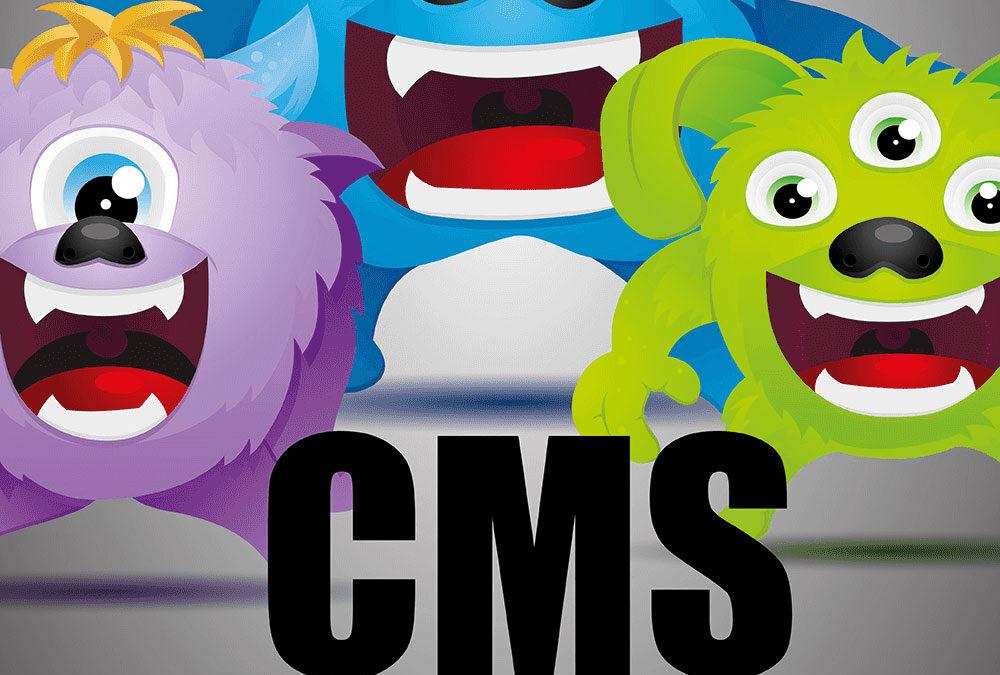
by Marketing | Sep 29, 2016 | Development, Digital Marketing, Strategy, Websites
1. Live URLs
Often, sites are built at a URL (uniform resource locator) that isn’t the website’s final destination. When a site goes live, the URLs are transferred from a staging area to production. All the URLs change at this time, and they need to be tested.
On small sites without any tools, you can navigate to each page to make sure they all work. On a site with fewer than 500 URLs, you can use Screaming Frog SEO Spider Tool for free to find bad URLs. For larger sites, there is a modest annual fee.
2. Sign up to Google Search Console
Google Search Console (previously Webmaster Tools) is an invaluable tool for all webmasters. This is where Google will communicate with you should anything go wrong (crawling errors, manual penalties, increase in 404 pages, malware detected, etc.)
Search Console is also where you can monitor your site’s performance, identify issues, submit content for crawling, remove content you don’t want indexed, view the search queries that brought visitors to your site, monitor backlinks.
You should also sign up to Bing Webmaster Tools.
3. Minify
This is a technique that combines and compresses website code into smaller chunks to speed up your site. You can read more about it at Google. Then, look at the website pre-launch to see if the site is using minify where it can.
4. 404 pages
When a 404 (“page not found”) error occurs, make sure you have a custom page to help your visitor find something else of use, even if it wasn’t what they were looking for. Do you have an HTML sitemap there? Does the 404 page include a site search?
5. Favicon
Favicons are those little iconic images that show up in the address bar and tabs of your browser. How does it help? It’s a small branding opportunity that lends credibility to your site. It’s nice to have one when you launch.
A part of the article posted on ClickZ here.

by Marketing | Sep 26, 2016 | Design, Digital Marketing, Strategy, Websites
1. Site speed
Check the size of your page sizes and their load time. You can use Google’s own site speed testto do this. Site speed is a ranking factor, so follow any improvements Google recommends as closely as you can.
2. Mobile friendliness
Is your website mobile-friendly. Frankly it’s very difficult not to building a multi-device compatible website in 2016, but just in case, here’s a handy checklist to ensure your website’s mobile-friendliness.
3. Compatibility
Check to make sure your website’s pages render well in common browsers. Browser share is a moving target so to help prioritize efforts, here’s a site that continually examines it.
4. Fonts
Sometimes font codes get dropped into a page inadvertently and make a letter or a word look funny. Check to see that the formatting is consistent, and look for odd blips in the copy.
5. Navigation
Test the navigation to breaking point. Make sure every single possible journey through your website leads to wherever its meant to without any broken links or wrong pages.
Makes sure your on-site search works, and it delivers accurate results, and if there are any zero-results that you’re providing navigation to other relevant pages.
A part of the article posted on ClickZ here.

by Marketing | Sep 17, 2016 | Digital Marketing, Press, Strategy
FOR IMMEDIATE RELEASE: September 17, 2016 – Longmont, Colorado. Today, industry senior iCita announced the introduction of new industry-specific technology solutions for the Colorado, California, Oregon and Washington cannabis industry. iCita, who specialized in strategic mobile/web solutions has brought a new line of products developed primarily for the growing cannabis industries in these four states. Products feature social media platforms, online membership, push/alert marketing, SEO optimization, social media marketing model, and the newly developed online advertising model for the industry.
“The marijuana industry has been growing and the evaluation of the methodologies being used required adjustment,” says Tom Smidt, President of iCita LLC, a Colorado-based company. “What is being done is guided by solutions that were applied to other industries, but this one is entirely different – different rules, audience behavior, and objectives. We’ve designed programs that address these issues and that work!”
The marketing strategy team at iCita addresses how target audiences act and react as well as customer retention strategies. These combined with online automation of content delivery and an “everywhere all the time” approach, shows iCita has prepared well and researched the industry. These products include:
- Data management across web and CRM platforms
- Loyalty programs online and POS systems
- Online membership and prepay solutions
- Industry-focused audience definition and marketing strategy
- Public or private social networks
- Mobile alert apps both iPhone and Android
- Responsive website design and development
- Marketing automation solutions
About iCita llc
iCita (pronounced eye-SEE-ta) is a strategic marketing and technology company focused on cloud-based technologies and solutions. The iCita team has specific strategies that form a solid bridge between marketing and technology goals propelling their clients forward. The company is based Colorado and founded in 2001 in Boulder, at the very heart of the technology boom in the state.
Get inspired and make a difference – visit www.iCita.net and www.iCita.rocks.
More detail on the iCita Cannabis page: www.iCita.net/cannabis
Media Contact:
Thomas Smidt
tom.smidt@icita.net
720.232.0917

by Marketing | Aug 24, 2016 | Digital Marketing, Non-Profit Strategy, Strategy
Recently Jeff Cherry wrote a great article in the magazine Conscious Company about how the Shark Tank investors are missing the big point of “WHY” people are creating a business or providing a service. He says “We’re leaving the world where you can generate ‘greedy’ proftis first, give back later, and still expect customers, employees, communities, and suppliers to be genuinely engaged in your success.” We are entering the world of being conscious in your business goals.
(more…)

by Marketing | Jul 28, 2016 | Digital Marketing, Non-Profit Strategy, Strategy
The way buyers purchase products and services has fundamentally and rapidly changed over the last five years. The most important shift is that they now want to learn about products and services from authentic, trusted sources – such as a company’s customers – before they buy. They aggressively seek these sources well before engaging with salespeople:
- Word of mouth is the primary factor behind 20% to 50% of all purchasing decisions. (McKinsey)
- 63% of consumers search for help from other customers online. (Lithium)
- Brand advocates are 70% more likely to be seen as a good source of information by people around them. (BzzAgent)
The rise of social media and online communities has accelerated this change. Just as they visit Yelp before dining out, your prospects will find a current customer and learn about their experiences with your products in just a few clicks on LinkedIn, Quora or any of the hundreds of product review sites. Who are they going to connect with and what experiences are they going to hear first? As a B2B marketer, you may be wrestling with how to best influence these prospects through positive word of mouth marketing.
What you need is an army of advocates. Advocates are not just satisfied customers.
They are enthusiasts who embrace your company’s vision and willingly advance your interests through their interactions with others. Whether by sharing experiences online, referring new business or recommending your products, these supporters have an enormous – but sometimes unseen – influence on your brand, demand generation and pipeline efforts. In a world like this, one of the most powerful things you can do as a marketer is to find, organize and mobilize these advocates. With a marketing asset this valuable, you can’t just cross your fingers and hope it happens organically. As the importance of peer-to-peer recommendation grows, marketers will need to actively convert customers into advocates and build advocate marketing programs that mobilize their advocates to support sales and marketing initiatives.
Part 1 in a series on Advocate Marketing – from the eBook Advocate Marketing Playbook

by Marketing | Jul 26, 2016 | Digital Marketing, Strategy, Websites


Thank you Pixel Creations for this great article.








